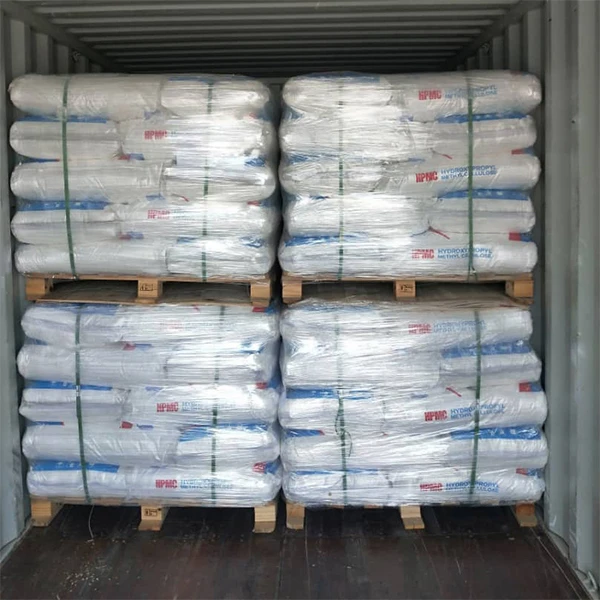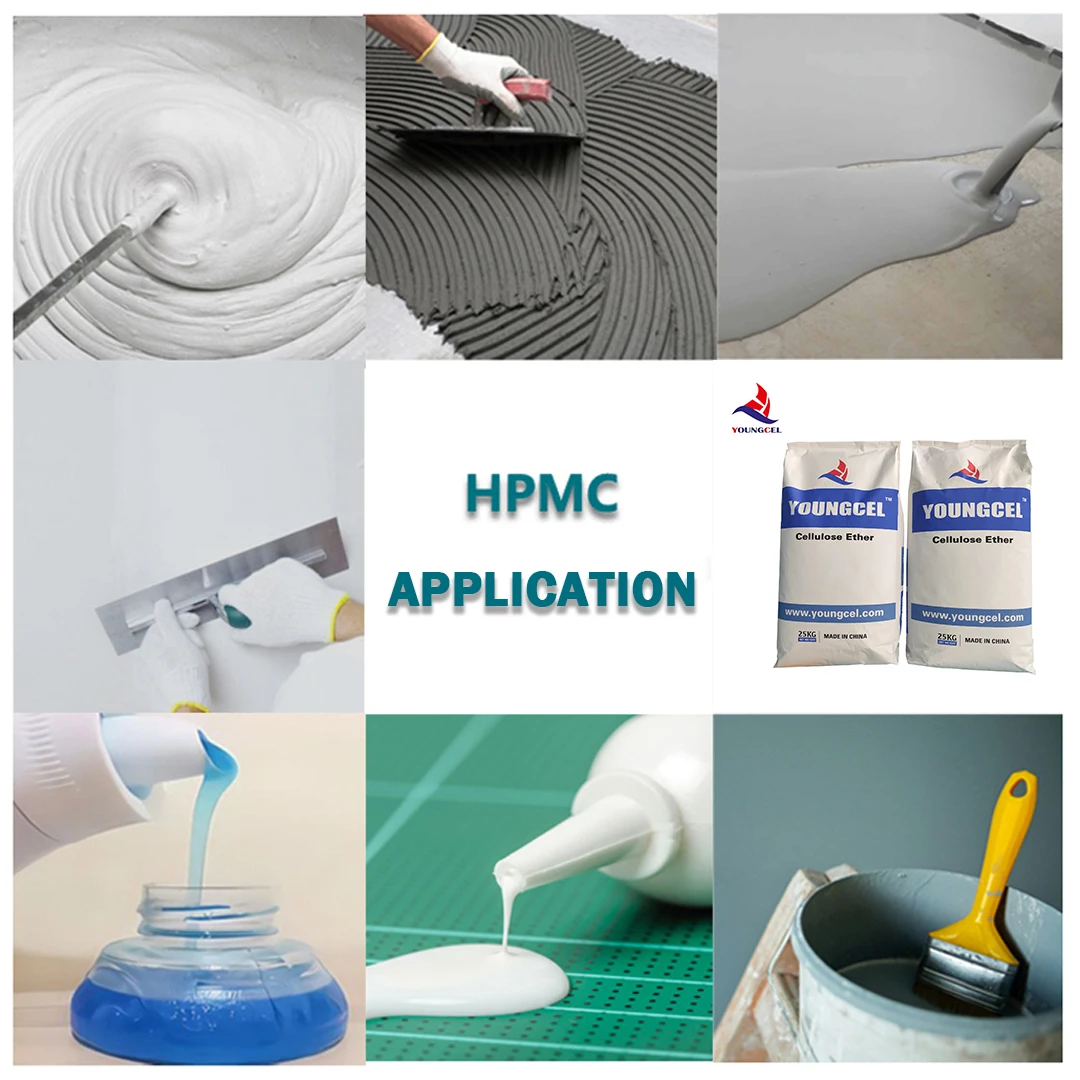- Introduction to Mortar HPMC: Innovation and Advancements
- Chemical and Physical Properties of HPMC in Mortar
- Technical Advantages of Using HPMC in Mortar Formulations
- Comparative Analysis: Leading HPMC Mortar Suppliers
- Customized Solutions for Diverse Mortar Applications
- Case Studies: Real-World Applications of Cement Mortar HPMC
- Conclusion: Future Trends and Potential in Mortar HPMC

(mortar hpmc)
Introduction to Mortar HPMC: Innovation and Advancements
Mortar HPMC, or Hydroxypropyl Methylcellulose in mortar formulations, has emerged as a game-changer in construction materials. This versatile additive provides significant improvements over traditional binders, resulting in stronger, more workable, and longer-lasting mortars. Increased demand for higher quality cement-based products, together with the need for sustainable and efficient construction methods, drives research and innovation in HPMC-modified mortar technologies. According to a recent survey by Grand View Research, the global cellulose ether market—including HPMC—was valued at over USD 4.7 billion in 2022, with a projected CAGR of 5.9% from 2023 to 2030. The continuous growth underlines the importance of HPMC in the construction industry, highlighting its role in addressing evolving performance requirements, environmental concerns, and cost-effectiveness.
Chemical and Physical Properties of HPMC in Mortar
Hydroxypropyl Methylcellulose, commonly referred to as HPMC, is a non-ionic cellulose ether derived from highly purified cotton or wood pulp. Its unique molecular structure allows it to dissolve in both cold and warm water, forming colloidal solutions that deliver excellent rheological properties. In mortar applications, HPMC acts as a thickener, stabilizer, and water retention agent, significantly influencing the open time and workability of cementitious products. The viscosity grades available—commonly ranging from 20,000 to 100,000 mPa.s—allow tailored performance depending on project requirements. HPMC is inert to most chemicals and highly resistant to enzymatic degradation, making it durable under harsh construction site conditions. Its film-forming ability not only improves adhesion and strength but also helps in controlling the curing rate, which is critical for minimizing surface cracks and obtaining uniform hardening across large areas.
Technical Advantages of Using HPMC in Mortar Formulations
The integration of HPMC into cementitious mortars yields pronounced technical advantages that distinguish it from unmodified alternatives. Enhanced water retention is a prime benefit, enabling the full hydration of cement and resulting in improved final strength. For instance, laboratory studies demonstrate that water retention rates of fresh mortar can increase from 80% to over 98% with optimal HPMC dosage. This effect not only favors workability and reduces drying shrinkage but also significantly enhances open time—making the product more user-friendly on site. Additionally, HPMC imparts excellent sag resistance, allowing for easier application of thick-bed tile adhesives and plasters. Its impact on rheology ensures smooth spreading, improved cohesiveness, and minimized segregation of aggregates. In spray-applied mortars, HPMC is invaluable for anti-slump characteristics and uniform wetting, resulting in a consistent, aesthetically pleasing finish. These properties ultimately reduce rework rates, lower material wastage, and contribute to a superior performance profile across a range of climate conditions.
Comparative Analysis: Leading HPMC Mortar Suppliers
The choice of HPMC supplier directly affects the quality, consistency, and overall performance of the finished mortar product. Top global manufacturers offer varying grades, purity levels, and technical support, which can influence material selection for construction projects. Below is a comparative table of key parameters among leading HPMC mortar suppliers.
| Supplier | Viscosity Range (mPa.s) | Purity (%) | Water Retention (%) | pH Stability | Technical Support | Customized Grades |
|---|---|---|---|---|---|---|
| DOW Chemical | 20,000 - 100,000 | >98.5 | ≥98 | Neutral (6-8) | Extensive (Global) | Available |
| Ashland | 15,000 - 80,000 | >98.2 | ≥97 | Neutral (6-8) | Comprehensive | Yes |
| Shandong Head | 30,000 - 120,000 | >98.0 | ≥98 | Stable (6-8) | Regionally Strong | Customizable |
| LOTTE Fine Chemical | 20,000 - 100,000 | >98.3 | ≥97.5 | Neutral (6-8) | Good | Limited |
This comparison illustrates that while international giants such as DOW Chemical and Ashland offer broad technical support and tailored solutions, emerging Asian suppliers such as Shandong Head provide competitive performance profiles with the added advantage of cost-effective customization.
Customized Solutions for Diverse Mortar Applications
Success in the construction sector often hinges on material adaptation to local environmental and application-specific challenges. HPMC mortar solutions are increasingly tailored to deliver targeted performance in tiling, plastering, exterior insulation finishing systems (EIFS), self-leveling screeds, and more. For hot climates, special HPMC grades with ultra-high water retention prevent premature drying and improve open time, ensuring smooth finishes and strong bonds. In contrast, temperate and humid regions may benefit from fast-dissolving, anti-sagging HPMC formulations to counteract slow curing and slumping. Leading manufacturers collaborate directly with construction chemical companies and project engineers to develop bespoke solutions that optimize setting time, tensile adhesion, and flexibility. Typical customization parameters include viscosity tuning, particle size adjustment, and blending with Redispersible Polymer Powders (RDP) for further boosting bond strength and crack resistance. Such tailored approaches not only address technical demands but also provide quantifiable labor and cost savings for contractors.
Case Studies: Real-World Applications of Cement Mortar HPMC
The profound impact of Cement Mortar HPMC is evident across a wide spectrum of real-world construction projects.
- Urban Infrastructure Upgrades, Europe (2023): City authorities specified an advanced HPMC-modified tile adhesive for subway station renovations. Water retention exceeded 98%, drastically reducing instances of tile delamination and efflorescence compared to legacy formulas. Application time windows increased from 15 to 35 minutes, resulting in a 40% reduction in installation labor.
- High-Rise Residential Development, Southeast Asia (2022): Local contractors transitioned to HPMC-enhanced plaster mortars for external facades. Comprehensive field data revealed a 30% decrease in surface cracking rates and a 20% improvement in adhesion strength. The flexibility afforded by tailored HPMC grades accommodated local climatic variability, ensuring consistent quality.
- Precision Underlayment, North America (2023): For self-leveling underlayment in high-traffic commercial settings, a specialized HPMC mortar formulation delivered uniform spread and quick curing, minimizing downtown and ensuring floor flatness tolerance was maintained within ±1 mm across large pours. This application supported a 25% improvement in schedule adherence and minimized costly call-backs.
- Energy Efficient Façade Renovations, Middle East (2021): EIFS systems deployed HPMC-rich adhesives and base coats, leading to improved workability in high temperatures and reduced water loss. Enhanced workability and sag resistance cut application time by 15% and lowered material wastage.
These projects underscore the tangible value that tailored HPMC solutions bring, translating technical enhancements into measurable project efficiencies.
Conclusion: Future Trends and Potential in Mortar HPMC
As the construction industry continues its march toward increased automation, environmental stewardship, and higher end-user expectations, mortar hpmc
is positioned as a cornerstone of next-generation building materials. Ongoing advancements in HPMC chemistry—such as bio-based synthesis methods and smart functionalization—promise to extend its applicability and sustainability profile. Market analyses forecast a steady rise in demand for high-performance HPMC-modified mortars, particularly in fast-growing urban regions and energy-efficient construction segments. Looking forward, stakeholders who leverage innovative hpmc mortar solutions can expect not only technical superiority but also meaningful contributions to project profitability and environmental compliance. In this evolving landscape, collaboration between manufacturers, formulators, and end-users will further accelerate breakthroughs in Cement Mortar HPMC technology, solidifying its role as an indispensable material for high-quality, reliable construction.

(mortar hpmc)
FAQS on mortar hpmc
Q: What is mortar HPMC?
A: Mortar HPMC refers to hydroxypropyl methylcellulose used as an additive in mortar mixes. It improves water retention and workability. This results in better performance and durability of the mortar.Q: How does HPMC benefit cement mortar?
A: HPMC enhances the water retention and sag resistance of cement mortar. These properties help the mortar stick better to surfaces and cure properly. It also extends the usable time of the mix.Q: What is the recommended dosage of HPMC in mortar?
A: The typical dosage of HPMC in mortar is 0.2% to 0.6% by weight of cement. The exact amount depends on the desired properties and application. Always follow the manufacturer’s recommendations.Q: Can HPMC mortar be used for tile adhesives?
A: Yes, HPMC mortar is ideal for use in tile adhesives. It provides superior adhesion and longer open time. This makes tile positioning easier and improves bonding strength.Q: Is there a difference between HPMC and regular cellulose in mortar?
A: Yes, HPMC is chemically modified for better solubility and performance in mortar applications. Regular cellulose does not provide the same water retention or workability. HPMC is specifically designed for construction materials.-
Rdp Powder: Key Considerations for Wholesalers in the Building Materials IndustryNewsJul.08,2025
-
Key Considerations for Wholesalers: Navigating the World of Hpmc - Based ProductsNewsJul.08,2025
-
Hpmc Detergent: Key Considerations for WholesalersNewsJul.08,2025
-
Key Considerations for Wholesalers: China Hpmc For Tile Adhesive, Coating Additives, Concrete Additives, and MoreNewsJul.08,2025
-
Crucial Considerations for Wholesalers: Navigating the World of Construction MaterialsNewsJul.08,2025
-
Key Considerations for Wholesalers Sourcing Additive For Cement, Additive For Concrete, Additive For Putty from Additive Manufacturer Shijiazhuang Gaocheng District Yongfeng Cellulose Co., Ltd.NewsJul.08,2025




